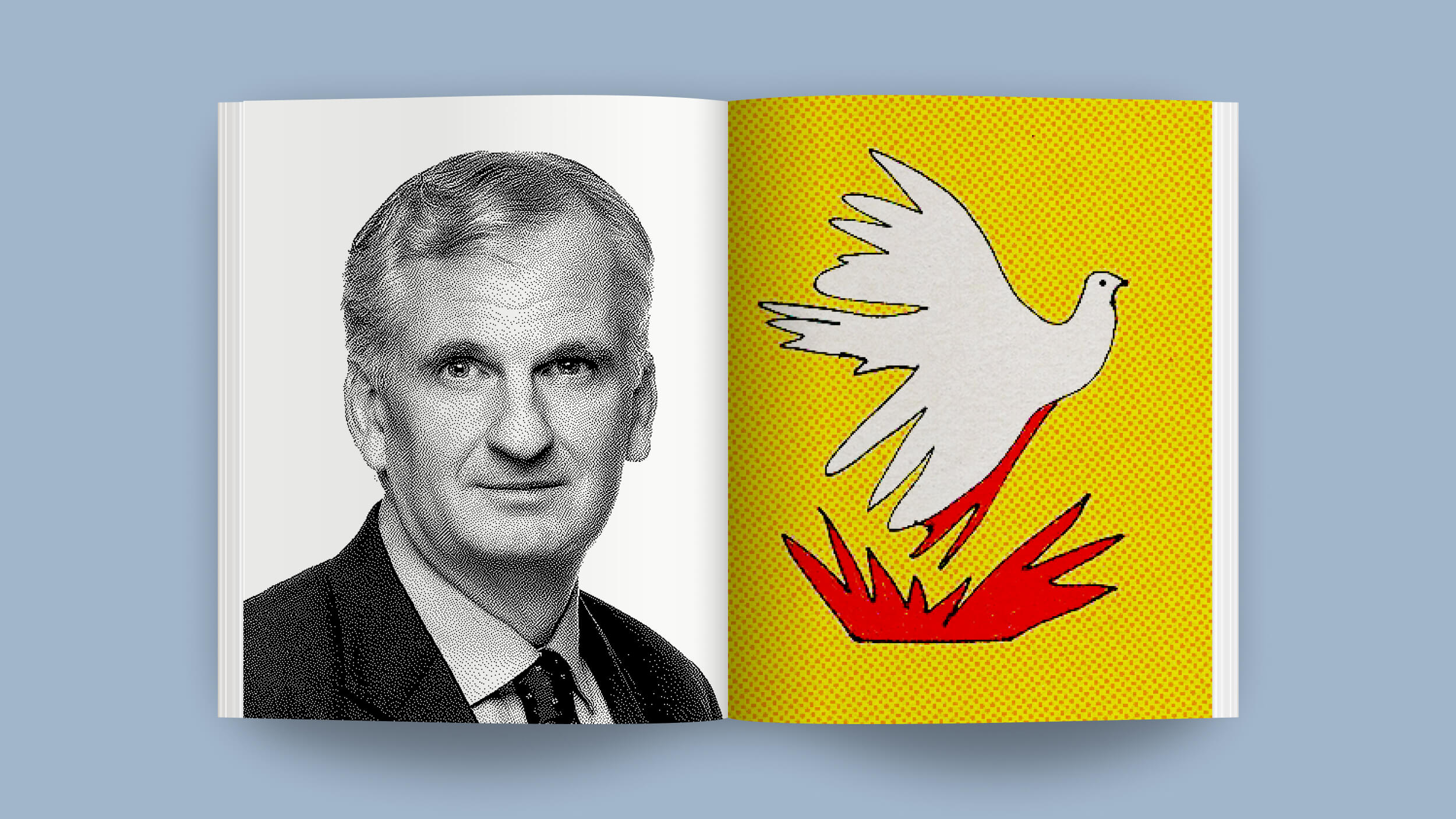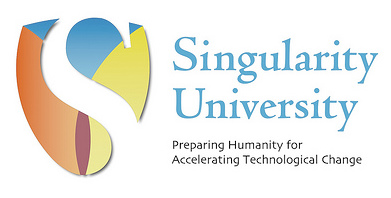Are Conservatives Really Happier Than Liberals?

In an op-ed in the New York Times last week, Arthur C. Brooks tried to account for data showing that conservatives tend to be happier than liberals. Brooks began by noting that married, religious people are the happiest among us and that political conservatives are much more likely to be married and religious than are political liberals. By themselves, these correlations imply nothing about the connection between political ideology and happiness. The rational happiness-seeking liberal should react to this news not by switching her party allegiance but by finding a spouse and going to church.
Beyond these associations — strangely, he didn’t mention income, another happiness correlate that conservatives have a lot more of — Brooks discussed (and ultimately dismissed) a reason for conservatives’ relative bliss that is directly linked to their political viewpoints:
An explanation for the happiness gap more congenial to liberals is that conservatives are simply inattentive to the misery of others. If they recognized the injustice in the world, they wouldn’t be so cheerful. In the words of Jaime Napier and John Jost, New York University psychologists, in the journal Psychological Science, “Liberals may be less happy than conservatives because they are less ideologically prepared to rationalize (or explain away) the degree of inequality in society.” The academic parlance for this is “system justification.”
The theory has some intuitive appeal. Conservatives, by definition, are happy overall with the status quo. They want to conserve what is. Liberals on the other hand are agitated, unhappy with the way things are. Even when Democrats are in office, the pervasive inequalities and injustices of society spur them to seek change. Liberals’ ideals are rooted in, as John Rawls put it, the outlines of a “realistic utopia” — an aspirational conception of the polity as imperfect and unfinished. Such an attitude is a recipe for some discontent, just as patients who have some hope of recovery tend to be more miserable than those who have a certain diagnosis of a terrible disease.
This glosses the conservative attitude in a somewhat misleading way. While all conservatives want to “conserve” something, they may be quite agitated if they feel their political society is selling out sterling, time-worn moral values. Think of Edmund Burke, whose rage against the French Revolutionaries, fear for the future of the English monarchy and disdain for the “swinish multitude” were hardly the words of a happy-go-lucky guy. And as Jay Livingston points out, the Fox News crowd has taken a big bliss hit during the Obama years: “extreme conservatives” are now nearly three times more likely than “extreme liberals” to describe themselves as “not too happy” (the bluest choice available on the survey). Brooks, Livingston observes, was working with pre-2008 data.
But for the sake of argument, let’s pretend there is a real happiness gap associated with political ideology. What should we make of it? Brooks arrives at his main point near the end of his op-ed: Conservatives overwhelmingly think that “hard work and perseverance” will “usually” pay off for individuals, while liberals are more skeptical about this claim. This piece of data might lead one to believe that conservatives are happier because they are ignorant, but according to Brooks conservatives are happier for a very different reason: they value personal freedom and moral responsibility, and find the present system promoting exactly these values. You can’t blame conservatives for sticking their heads in the sand when it comes to social injustice, Brooks argues, because they do not interpret inequality as injustice at all:
Liberals then condemn the happiness of conservatives, because conservatives are relatively untroubled by a problem that, it turns out, their political counterparts defined.
This refutation of the “system justification” may make Brooks, a conservative, happy, but it is built on a giant fallacy. Liberals do not “define” a problem that conservatives are untroubled by. Reality defines the problem. When conservatives invest faith in the American Dream, they subscribe to a myth. The notion that anyone can make it if only they work hard enough is suspect not because liberals don’t believe it but because it is empirically false.
The fact is that Americans enjoy less social mobility than Canadians and most Western Europeans. Poverty in the United States is persistent, putting the brakes on individual attempts to prosper: 42 percent of American men born into the bottom income quintile end up there as adults, while only 8 percent rise to the top 20 percent of earners. Even Paul Ryan agrees that rags-to-riches stories are rare in American democracy.
So if conservatives really are happier than liberals, their bliss seems to stem from a degree of callousness toward their fellow man.
Follow Steven Mazie on Twitter:@stevenmazie
Photo credit: Shutterstock.com





